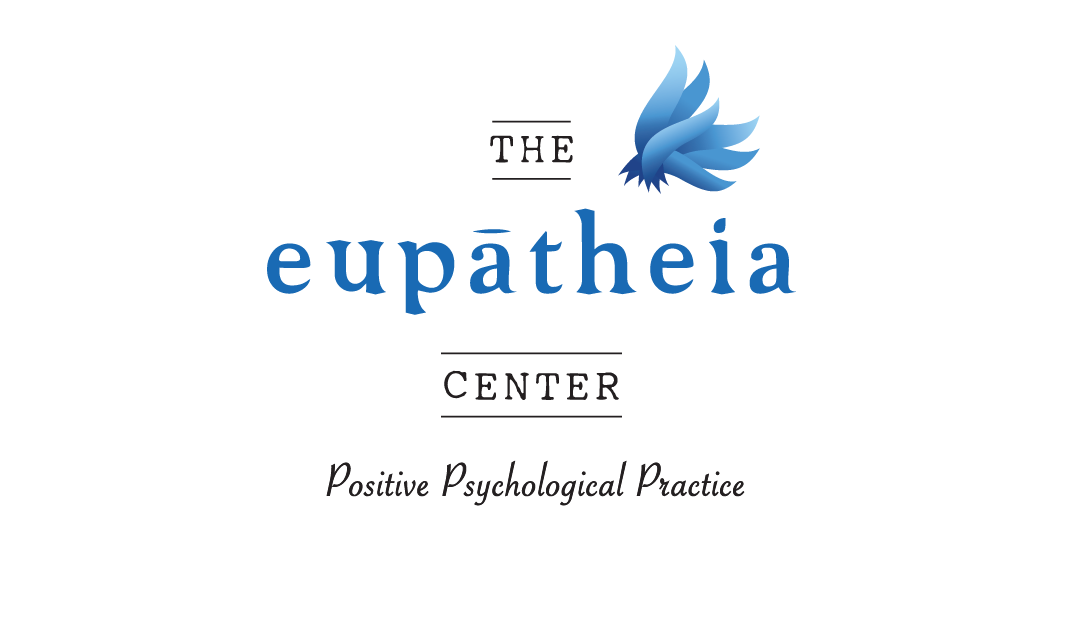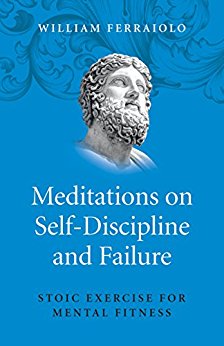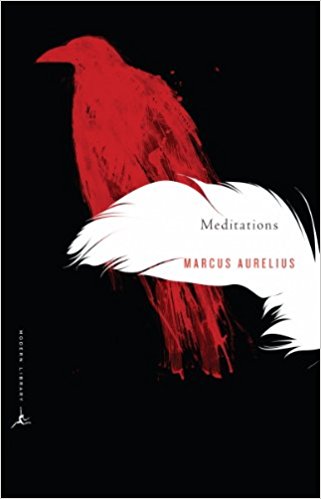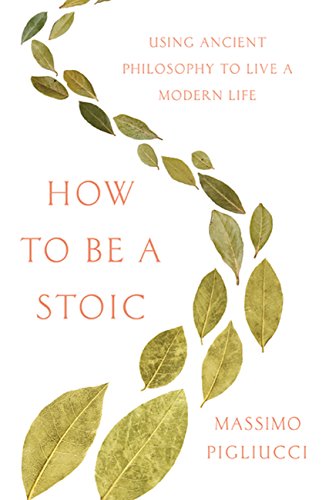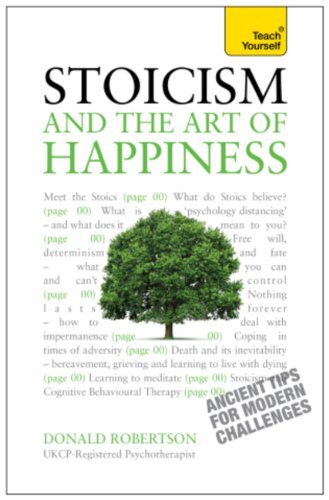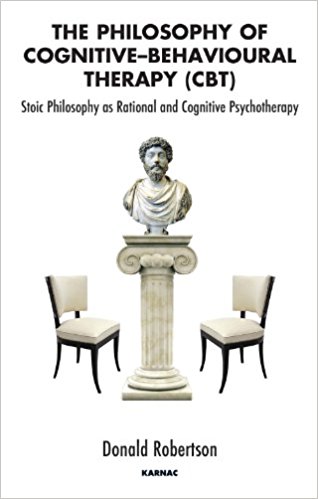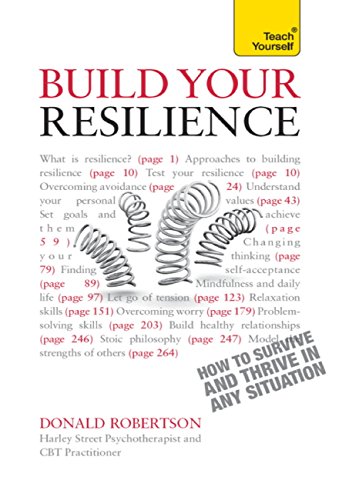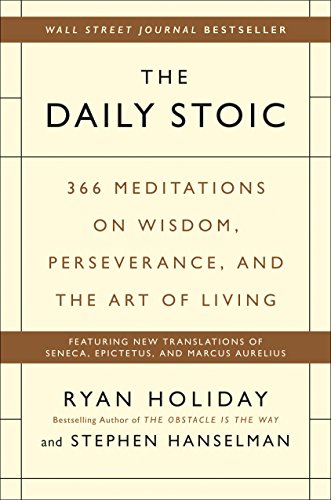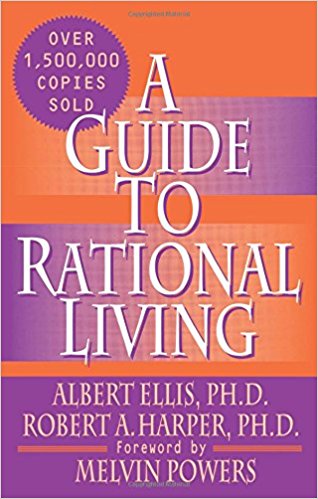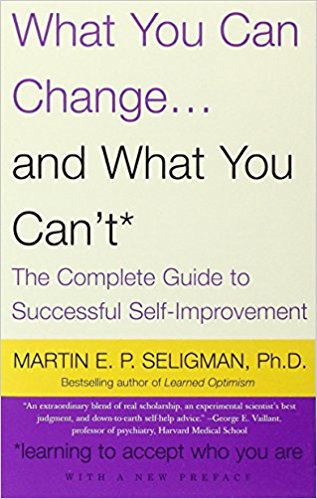"Eupatheia" and Spinoza's therapy for emotional fulfillment
/Baruch SPinoza - 17thC Philosopher
Spinoza’s therapy for culturing emotional fulfillment or what I have come to call “eupatheia”…
The 17th Century philosopher Baruch Spinoza's approach involves understanding the underlying causes of emotions and employing reason to transform them. To overcome irrational guilt and morbid anger, for instance, he would encourage the following:
1. **Understand the Nature and the Function of the Emotions:** Examine the root causes of guilt and anger objectively, as though you were studying them rather just enacting them and feeling them without being able to describe them. For instance, how do guilt and anger manifest for others, and what are the interpersonal meanings and functions of these emotions for human beings generally? In addition to reading psychological literature or actively people-watching when out in public, reading good novels in which themes of guilt and anger are imaginatively explored can help us appreciate these emotions more richly and sensitively.
2. **Self-awareness:** Develop awareness of your own emotions and the factors contributing to them. Journaling about the salient emotions that came up in a given situation is a great practice to this end. Apply Spinoza’s account of the emotions to your own lived experience to see if it resonates and elicits any further insights. E.g., “Anger is a desire, through hatred, to repel or destroy the object of one’s hatred.”
3. **Understanding Determinism:** Embrace Spinoza's deterministic worldview as a working hypothesis for your life, recognizing that events unfold according to natural laws, reducing resentment and blame. For instance, ask yourself honestly if you are angry about something which, at the time of its occurrence, couldn’t have happened otherwise than it did given the total causal context.
4. **Intellectual Empowerment:** Cultivate critical thinking skills to guide your emotions, replacing irrational thoughts with reasoned understanding. Just as thoughts of a specific nature can follow certain emotions (e.g., thoughts of hopelessness can follow feelings of profound loss), so too can emotions of a specific nature follow certain thoughts (e.g., despair can follow thoughts of hopeless loss and pessimism). Emotion and cognition are intimately tied together and reciprocally reinforcing. You will learn that much of your emotional distress is the product of false beliefs and confused ideas.
5. **Mindful Reflection:** Engage in reflective practices to gain insights into the nature of emotions and their consequences. Pay attention to how you feel and how your body responds in different situations. Take note of how others’ reactions to your emotional expression affects you in turn. Become deeply aware of what you are experiencing emotionally from one situation to the next, not for the purpose of holding on to those experiences but for the purpose of properly understanding them.
6. **Deliberate Practice of Ethical Principles and Moral Self-Discovery:** Align actions with reason and ethical principles to promote a sense of human flourishing and harmony. We want our actions to be congruent with our professed moral beliefs. Making these practical action-assignments for ourself as a kind of self experiment or tool for moral growth (in contemporary psychology, we call this “behavioral activation”) can not only help us build our individual repertoire of virtues but can also help us discern what is truly moral from what is not, that is, can help us see that some of the moral maxims we’ve acquired through mere credulity and cultural inheritance are invalid and perhaps even harmful.
By applying these methods, individuals can strive to overcome irrational guilt and morbid anger, fostering a more balanced and satisfying approach to their emotions and actions.
